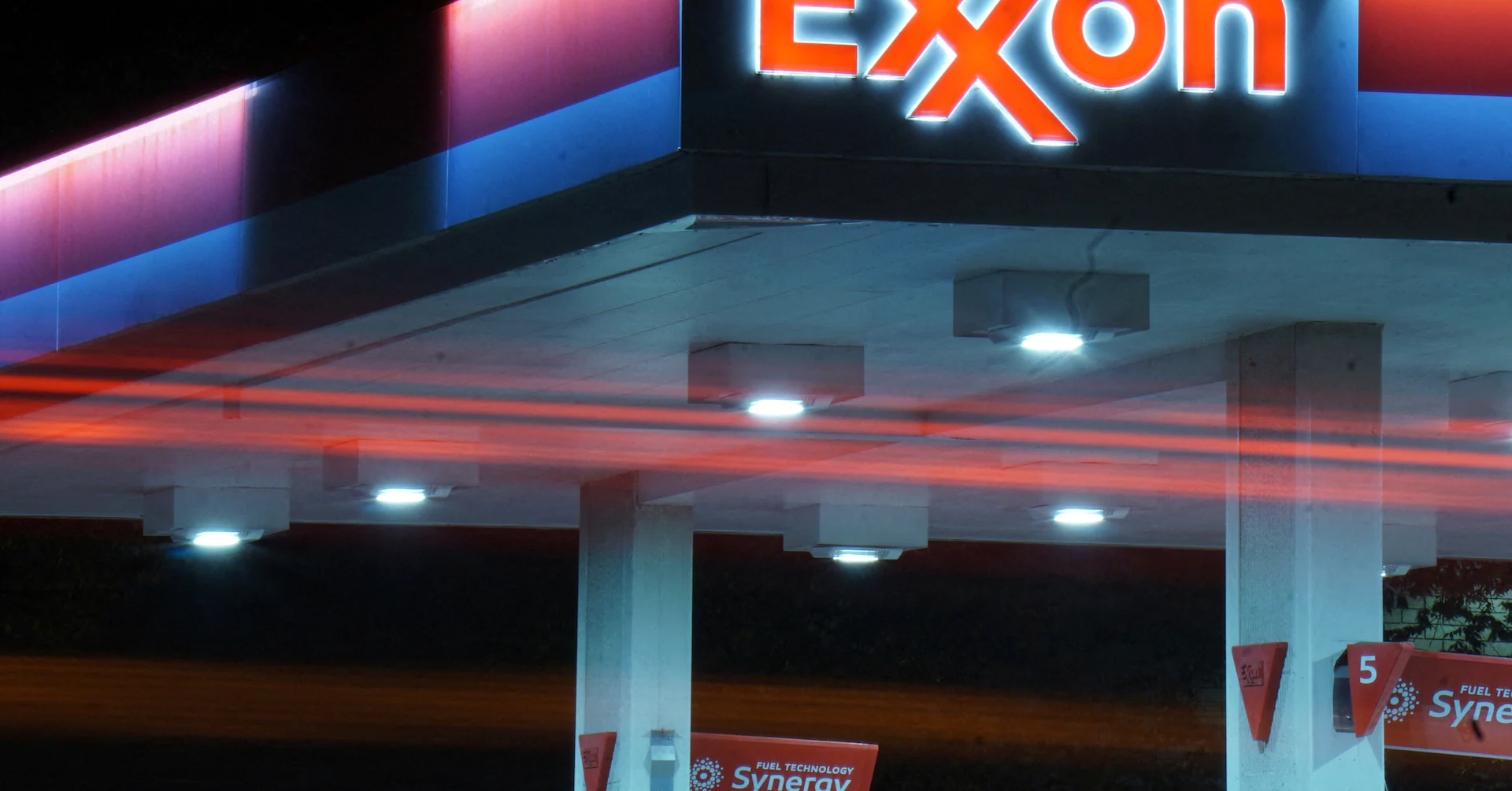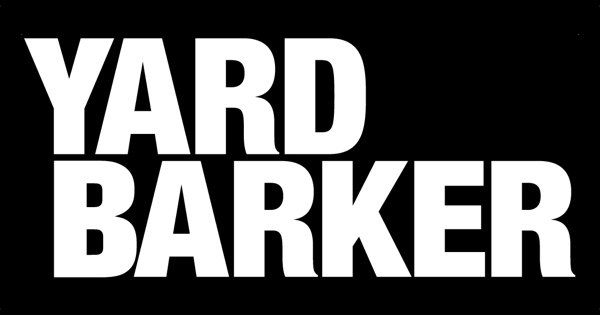Copyright Reuters

The projects form what Exxon CEO Darren Woods has described as a wider strategy to turn low-value feedstocks into products that can be sold at a higher price. Upgrading existing refineries and diversifying production allows the company to keep investment costs low and better withstand fluctuating supply and demand markets, he said during the third quarter earnings call with analysts on Friday. Sign up here. "We're looking at our existing facilities, finding opportunities where we can upgrade across and then provide high-value products," Exxon president of product solutions Matt Crocker said in an interview last Wednesday, before the earnings report. "As we look forward, I can see us doing more of those kinds of projects." Exxon recorded a 41% year-over-year jump in third quarter refining profit to $1.8 billion as refining margins improved. However, earnings in the chemicals segment declined 42% from the previous year to $515 million. The top U.S. oil producer started production at new facilities at its Singapore refinery complex in September to convert residue and fuel oil into base stocks. It also began producing renewable diesel at the Strathcona refinery in Canada and increased low-sulfur diesel production at the Fawley refinery in the UK. On Friday, Woods highlighted projects at the company's Baytown refining and chemical complex as another example of the strategy. "We have really good opportunities with that asset base. We’re pursuing them aggressively, and they come with very good returns and very resilient returns," Woods said. Exxon targeted six projects this year in its product solutions business, which includes refining and chemicals. The remaining two - expanding advanced plastics recycling and manufacturing more thermoset resin - are still on track for startup by the end of the year, Crocker said. The company also began operations at a new, major petrochemical complex in China, which has led a rapid expansion in global capacity for petrochemicals and put pressure on industry margins. Even though the industry is currently at the bottom of the cycle, Crocker said the company sees a stronger market returning and is focused on the long term. "There's plenty of demand growth typically linked to (gross domestic product), and that fundamental hasn't changed," he said. Exxon's chemical complex has an advantage because it can use lower-cost feedstocks like propane and butane, unlike smaller traditional crackers in China that use higher-cost naphtha, said Wood Mackenzie senior research analyst for base chemicals Shruthi Vangipuram. Reporting by Sheila Dang in Houston; Editing by Nathan Crooks and David Gregorio



